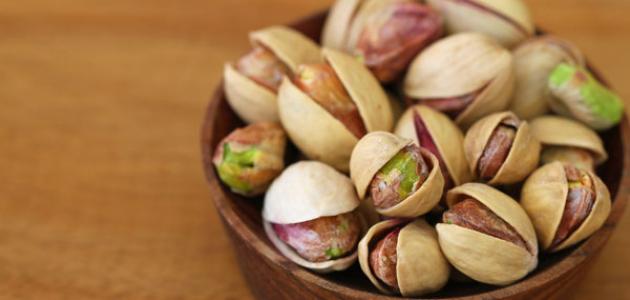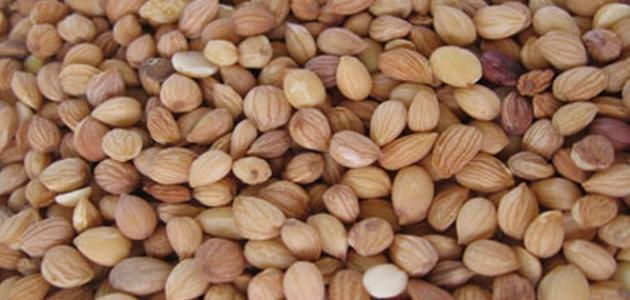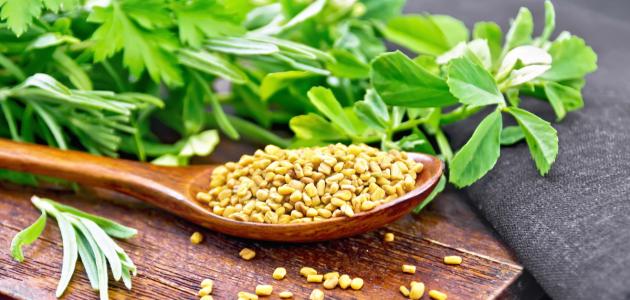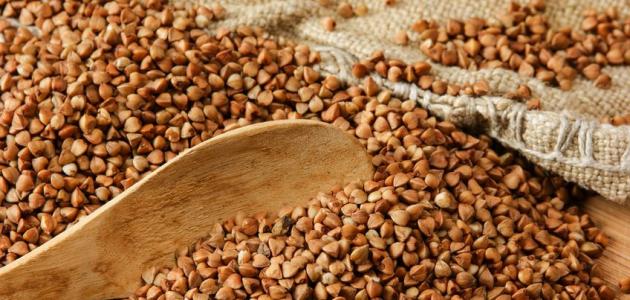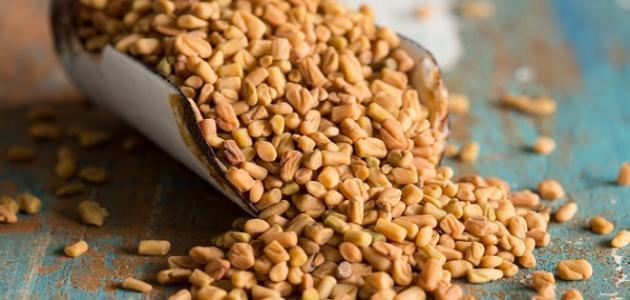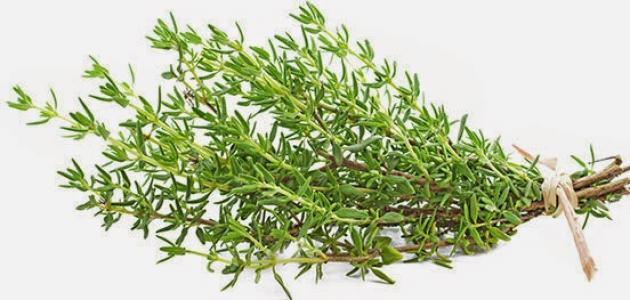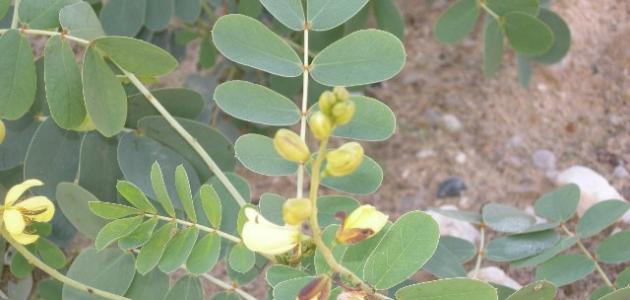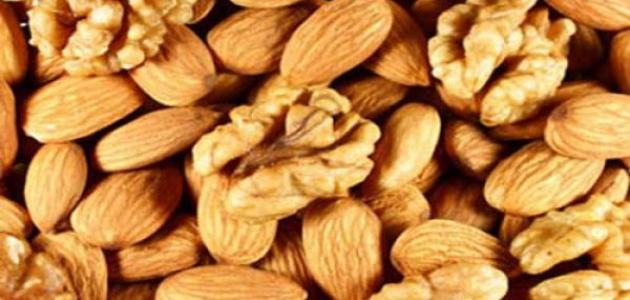pistachio
The name pistachio may be given to Aleppo pistachios (in English: Pistachio), or peanuts (in English: Peanuts). Or what is known as peanuts, so in the article we will talk about the benefits of these two types.
Pistachios
The origin of the pistachio tree (scientific name: Pistacia vera L) goes back to Asia Minor and Western Asia, as it grows in the region extending from Syria to the Caucasus and Afghanistan. Some evidence indicates that it has been present in Turkey since 7000 BC, and when the tree becomes old Between 5-8 years, it begins to produce red fruits once every two years. It produces a large crop in one year, but does not produce any crop in the following year. The yield of pistachio trees may be affected by several factors, such as drought, intense rain, high temperature, or Cold or strong winds. These fruits grow in the form of clusters that resemble grapes. The seeds are the edible part of this fruit. The seed nucleus is encased in an ivory-colored covering. This covering may split lengthwise in appropriate circumstances, and may remain closed during In some cases, as for the color of the seed, it ranges between yellow and shades of green, and it is worth noting that its green color indicates its maturity. The darker the color of the seed, the more mature the fruit is. It should also be noted that pistachios are rich in oils, as oils make up what It is 55% of its components.
Read also:Benefits of rosesPeanuts
Sudanese pistachios (scientific name: Arachis hypogaea) belong to the legume family (scientific name: Fabaceae), such as soybeans, lentils, and others. Its seeds are the edible part. Its origin goes back to South America. It has moved to the continents of Africa and Asia, and has become a crop. Important in these areas, Sudanese pistachios are characterized by being rich in fiber and unsaturated fats that are beneficial for health, in addition to many vitamins and minerals.
Benefits of pistachios
Pistachios provide many health benefits to the body, the most important of which are the following:
Its nutritional content
Pistachios contain many important nutrients for the health of the body, the most important of which are the following:
- Antioxidants: Pistachios are rich in antioxidant compounds, the most important of which are: gamma-tocopherol, plant sterols, and xanthophyll carotenoid. These compounds play a role in the body’s health, as they contribute to Protecting the body's cells from damage, which reduces the risk of disease,[XNUMX] A small study published in The Journal of Nutrition in 2010, which included 28 people suffering from high blood cholesterol levels, showed that eating one or two servings of pistachios daily for four weeks led to an increase in the level of the following antioxidants: lutein. , alpha-carotene (in English: α-carotene), and beta-carotene (in English: β-carotene).
- Lutein and zeaxanthin: Pistachios are a rich source of these two substances, which are essential for eye health. The American Optometric Association has stated that lutein and zeaxanthin reduce the risk of developing eye diseases or their development, and they may also contribute to the prevention of age-related macular degeneration. Age and cataracts that lead to blindness.
- Proteins: Pistachios are a good source of protein, as they constitute about 20% of their weight, and they also contain a high percentage of essential amino acids that are important for the health of the body, and because the human body is unable to manufacture these acids; It must be obtained through the diet.
Benefits that have strong scientific evidence
- Helps lose weight: Although nuts are considered a high-calorie food; However, it can help in losing weight, and this may be due to its rich content in dietary fiber and proteins, which stimulate the feeling of fullness, which contributes to reducing the amounts of food eaten. A study published in the Journal of the American College of Nutrition in 2010 showed that it included 59 people who followed A nutritional program for weight loss for 12 weeks showed that eating 53 grams of pistachios daily as a snack - while reducing the calories they eat by 500 calories - reduces their body mass index, compared to people who followed the same diet, but ate 56 grams of salted biscuits. Instead of pistachios.
- In another study published in Nutrition magazine in 2014, it included 60 people suffering from metabolic syndrome. During the study, the participants followed a diet and exercise for 24 weeks, and were divided into two groups: The diet of one of them contained 20% of the calories consumed daily from pistachios, while the second group followed a normal diet. It was noted at the end of the study that the group that ate pistachios had a greater reduction in waist circumference than the group that followed a normal diet.
- Reducing blood cholesterol levels: In a review conducted at the Academic Hospital of Parma in 2016, which included 9 studies, six of them found lower levels of total and harmful cholesterol and higher levels of beneficial cholesterol when consuming pistachios, while only two studies found that pistachios may reduce triglyceride levels, and this review concluded They indicate that pistachios may have a positive effect on blood fat levels, when consumed as part of the diet without increasing the amount of calories recommended for a person. The researchers in this review indicated that there is still a need for more studies to know the effect. Pistachios and other nuts. They also pointed out that each type of nut has a different composition, and thus their effects in humans differ from one type to another.
- lowering blood pressure: In a comprehensive analysis and review published in The American Journal of Clinical Nutrition in 2015, which included 21 studies, it was noted that consuming pistachios alone or as part of mixed nuts significantly reduced systolic and diastolic blood pressure in people with type XNUMX diabetes, as was shown when each type was studied. Among nuts individually, pistachios reduce systolic and diastolic blood pressure more than other nuts.
- Promoting vascular health: Endothelial dysfunction is a risk factor for heart disease, and may occur as a result of decreased blood vessel dilation, which reduces blood flow. It is worth noting that pistachios are a rich source of the amino acid arginine (in English: L-arginine). Which is converted into a compound called nitric oxide in the body, which plays an important role in dilating blood vessels.[XNUMX] A study conducted at Medanta Hospital in India, which included 60 sick people, ate 40 grams of pistachios daily for three months. It was noted at the end of the study that pistachios improve the functions of the endothelial lining of blood vessels. The researchers in this study noted that these effects It has been observed in healthy people who follow a specific diet and exercise.
Benefits that have less strong scientific evidence
- Beneficial for the health of gut bacteria: Nuts are rich in fiber, which is important for intestinal health, as it stimulates the process of transporting food through the intestine, which may reduce the risk of constipation. It should be noted that nuts contain a type of fiber called prebiotics, which feed the beneficial bacteria present in the intestine.[XNUMX] A study published in the British Journal of Nutrition in 2014 showed that eating pistachios may raise the level of some types of beneficial bacteria in the intestines to a greater extent than almonds.
- Improving the conditions of people with erectile dysfunction: In a study conducted at Ataturk Training and Research Hospital District Polyclinic in 2011, which included 17 patients suffering from erectile dysfunction for at least a year, it was found that consuming 100 grams of pistachios daily for 3 weeks improved some indicators of erectile dysfunction. Erectile dysfunction without causing any side effects, but these results are uncertain, and researchers have recommended conducting further studies to find out the effect of pistachios in this case.
- Regulating blood sugar levels: Pistachios are considered one of the foods that have a low glycemic index. That is, eating it does not cause a severe rise in blood sugar levels, and a small study conducted in St. Michael's Hospital in 2011, and included 10 healthy people. Eating pistachios with a carbohydrate-rich meal, such as white bread, reduces the effect of the meal on blood sugar levels when measured two hours later. It is believed that this may contribute to reducing the risk of diabetes.
- Reducing the risk of colon cancer: Pistachios are rich in compounds beneficial to health, which are believed to reduce the risk of colon cancer. A laboratory study conducted at Friedrich Schiller University Jena in Germany in 2017 indicated that pistachios may have an inhibitory effect on the growth of tumors, and may reduce the damage caused by It may occur to the genetic material in cells, and the researchers in this study indicated that roasting pistachios did not affect their properties, but it is worth noting that this study was conducted on isolated cells in laboratories, and has not been confirmed in humans yet.
Benefits of peanuts
Its nutritional content
Peanuts contain many important nutrients for the health of the body, the most important of which are the following:
Read also:Benefits of watercress mask for hair- Healthy fats: Sudanese pistachios are characterized by their high content of healthy polyunsaturated and monounsaturated fats, which provide many health benefits for heart health, and this will be discussed later in the article.
- Proteins: Peanuts are a good source of plant proteins, and proteins are important for building and repairing the body's cells.
- fiber: Sudanese pistachios are nuts rich in dietary fiber, which is important for reducing the risk of many diseases.
- Vitamins and minerals: Peanuts are rich in several types of different vitamins and minerals, the most important of which are: vitamin B3, folate, vitamin E, biotin, in addition to copper and manganese.
- Plant compounds: Peanuts contain many active plant compounds and antioxidants, the most important of which are: coumaric acid, isoflavones, plant sterols, and others.
Benefits for which there is no evidence of effectiveness (Insufficient Evidence)
- Reduce cholesterol levels: A study published in the International Journal of Food Sciences and Nutrition in 2009, which included healthy people who ate an amount of peanuts containing 500 calories as part of their diet for a period ranging between 3-8 weeks, reduced levels of total cholesterol and triglycerides, but no effect was observed. In the levels of harmful or beneficial cholesterol, researchers have explained that regular consumption of peanuts can reduce cholesterol levels in the blood.
- Reducing the risk of heart disease: Peanuts contain many monounsaturated, monounsaturated and polyunsaturated fatty acids. The American Heart Association, known as AHA, has indicated that consuming these fats instead of saturated fats may reduce the risk of many diseases, but it should be noted that peanuts contain small amounts of... Saturated fats, the excessive consumption of which is harmful, so experts advise moderation in eating peanuts to obtain their benefits. In a study conducted at Loma Linda University in California in 2014, which included 60 people suffering from type 20 diabetes, the participants were divided into two groups. The first group was given a diet in which peanuts made up approximately 24% of its calories, while the second group was given a diet. It does not contain peanuts, and it was noted after XNUMX weeks that the group that ate peanuts improved their blood fat levels, in addition to their weight loss.
- Another study conducted at Purdue University in 2003 and including 15 people showed that eating an amount of peanuts that provides 500 calories as part of the diet for 30 weeks may reduce the risk of cardiovascular disease, and this may occur as a result of high consumption of nutrients that are beneficial to the heart. Including magnesium, high levels of this element in the blood were observed in 13 out of 15 participants.
- Reducing the risk of cancer: In an observational study conducted at Seoul National University in 2018, which studied the relationship of nut consumption in general to colon cancer, it was noted that high consumption of nuts - in general - is associated with a lower risk of colon cancer, and the researchers in the study believe The effect of peanuts on colon cancer may be due to their content of phytosterols, isoflavones, phenolic acids, and others, but more studies and evidence are still needed to confirm these benefits.
- Help lose weight: Despite the high calories and fat content of peanuts, it may contribute to maintaining a healthy weight, and this may be due to its ability to enhance the feeling of fullness, which reduces the amount of food eaten. It is also believed that not chewing peanuts well leads to its passing. In the digestive system without being absorbed, in addition, its high content of proteins and healthy fats may enhance the burning of calories in the body. An observational study was conducted at Baylor College of Medicine in the United States in 2013, and included a number of children whose consumption of peanuts was monitored. It was noted that those who regularly consumed peanuts were less likely to gain weight and become obese compared to children who did not consume peanuts.
- Another observational study, published in the European Journal of Nutrition volume in 2017, reported that people who regularly ate nuts over a five-year period gained less weight than those who did not eat nuts, and they were also less likely to be overweight. Or obesity by 5%. Therefore, the researchers concluded that consuming nuts is linked to lower weight and a reduced risk of gaining weight.
Studies on the benefits of peanuts
- A meta-analysis conducted at Maastricht University in the Netherlands of observational studies indicated that nut consumption was associated with Decrease in the number of deaths In general, in men and women, peanuts were inversely associated with death, while consuming peanut butter had no effect.
- An observational study conducted on men at Harvard Medical School in 2004 showed that consuming nuts 5 times a week reduced the risk of developing diabetes. With gallstones Significantly and significantly compared to men who never ate nuts, or ate small quantities. It was also noted when studying the effect of peanuts alone that it is associated with a reduced risk of gallstones as well.
Nutritional value of pistachios and peanuts
The following table shows some of the nutritional elements found in 100 grams of roasted pistachios without salt, and 100 grams of peanuts:
Read also:What are the benefits of saffron?| nutritional element | Nutritional value of pistachios | Nutritional value of peanuts |
|---|---|---|
| water (ml) | 1.85 | 1.81 |
| Calories (kcal) | 572 | 587 |
| protein (g) | 21.05 | 24.35 |
| fat (grams) | 45.82 | 49.66 |
| Carbohydrates (grams) | 28.28 | 21.26 |
| Dietary fiber (g) | 10.3 | 8.4 |
| Calcium (milligrams) | 107 | 58 |
| Iron (milligrams) | 4.09 | 1.58 |
| Magnesium (milligrams) | 109 | 178 |
| Phosphorous (milligrams) | 469 | 363 |
| Potassium (milligrams) | 1007 | 634 |
| Sodium (milligrams) | 6 | 410 |
| Selenium (micrograms) | 10 | 9.3 |
| Vitamin B1 (milligrams) | 0.695 | 0.152 |
| Vitamin B2 (milligrams) | 0.234 | 0.197 |
| Vitamin B3 (milligrams) | 1.373 | 14.355 |
| Vitamin B6 (milligrams) | 1.122 | 0.466 |
| Folate (µg) | 51 | 97 |
| Vitamin E (milligrams) | 2.17 | 4.93 |
Do pistachios provide special benefits for pregnant women?
in general; Nuts are considered useful foods during pregnancy, because they contain many beneficial nutrients for pregnant women. Such as dietary fiber, plant sterols, and vitamin E, in addition to healthy unsaturated fatty acids.
